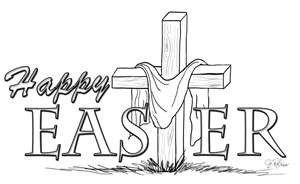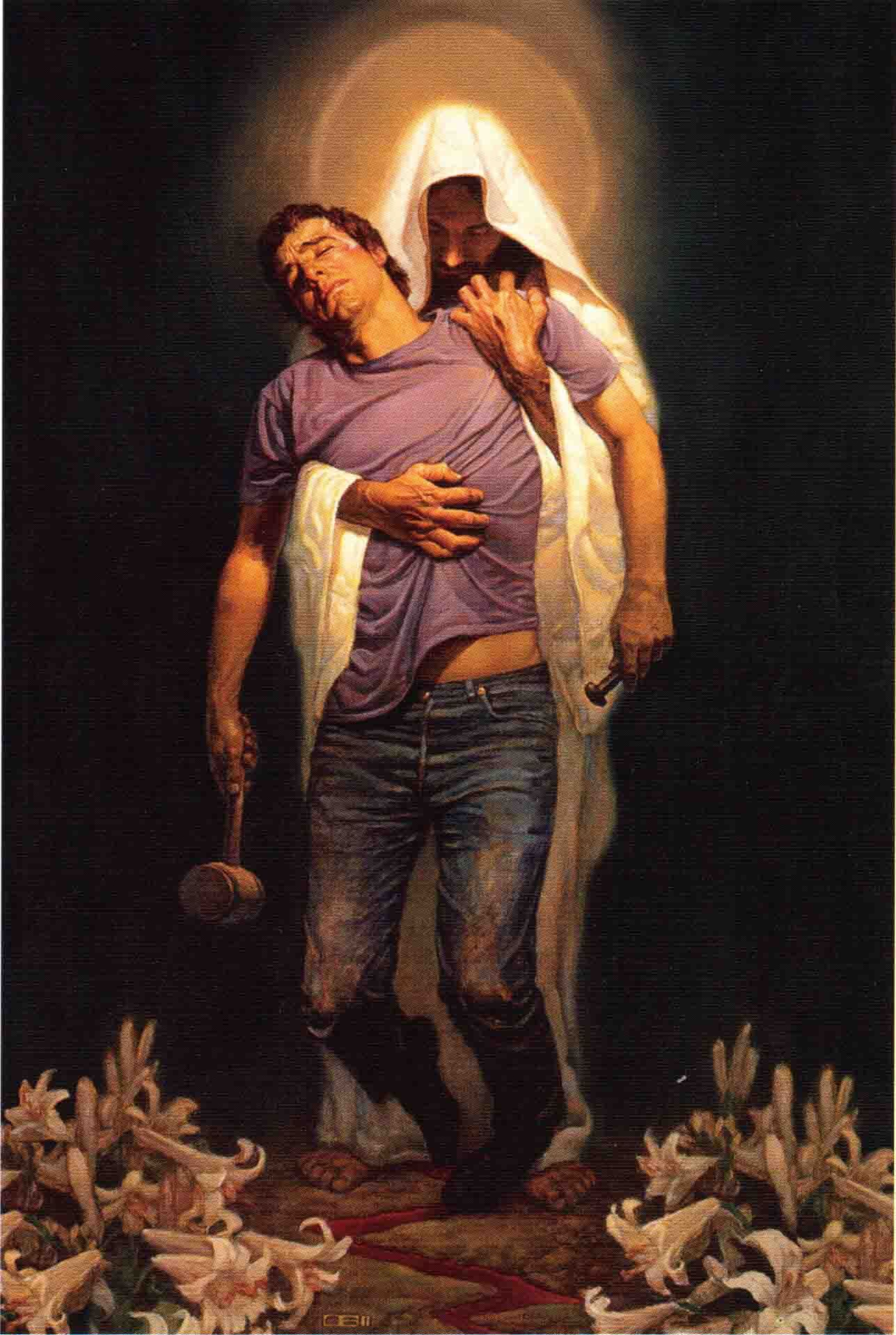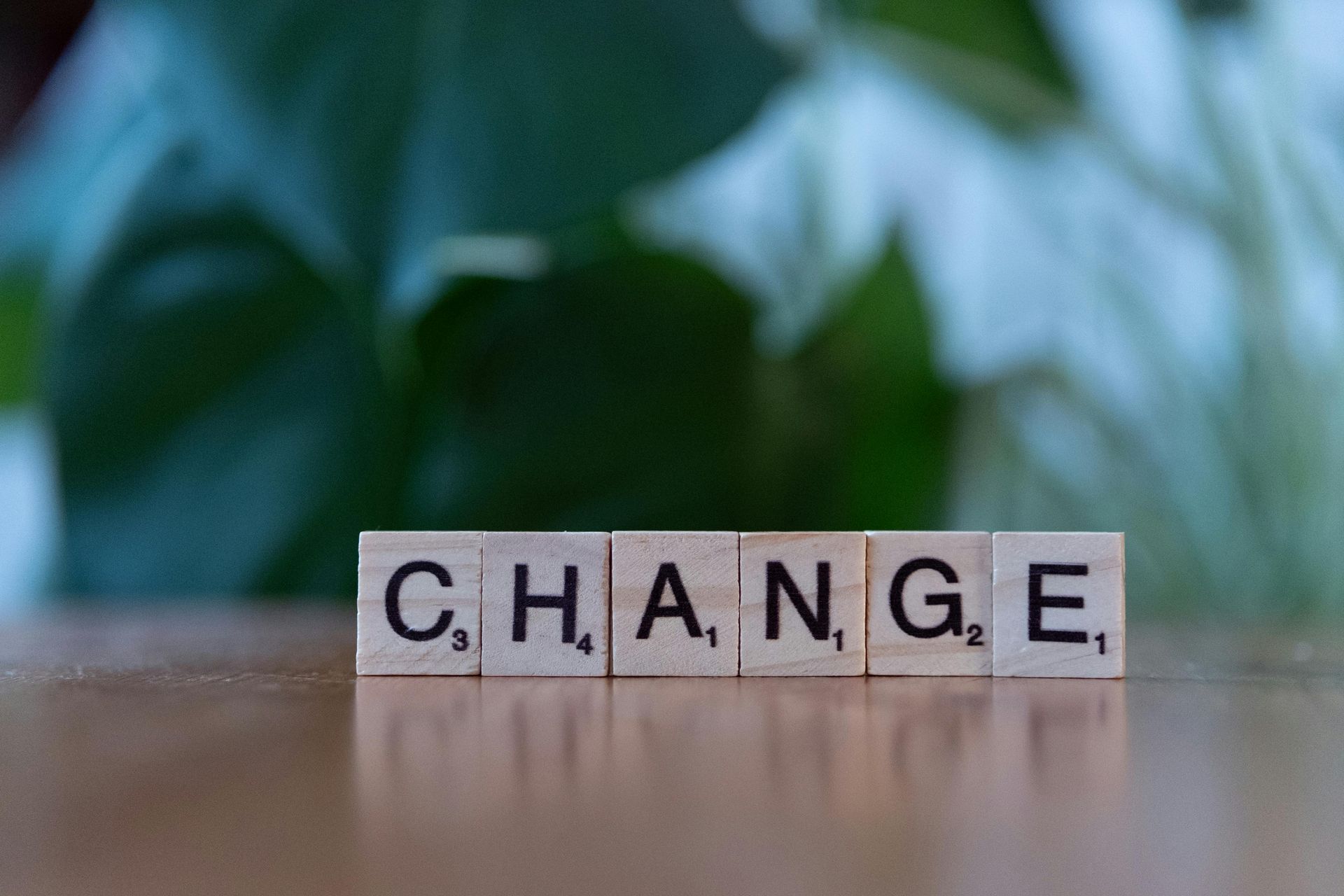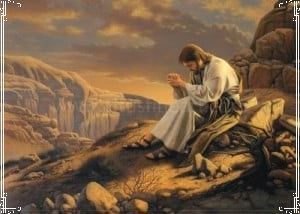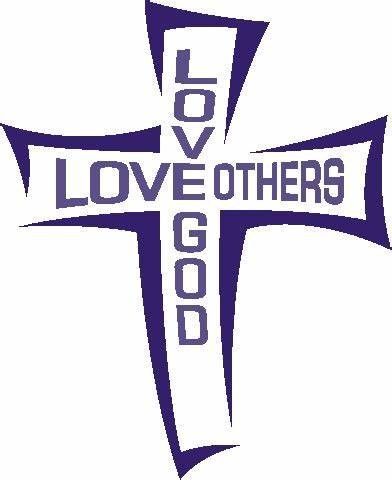Meaning of the Body and Blood of Christ
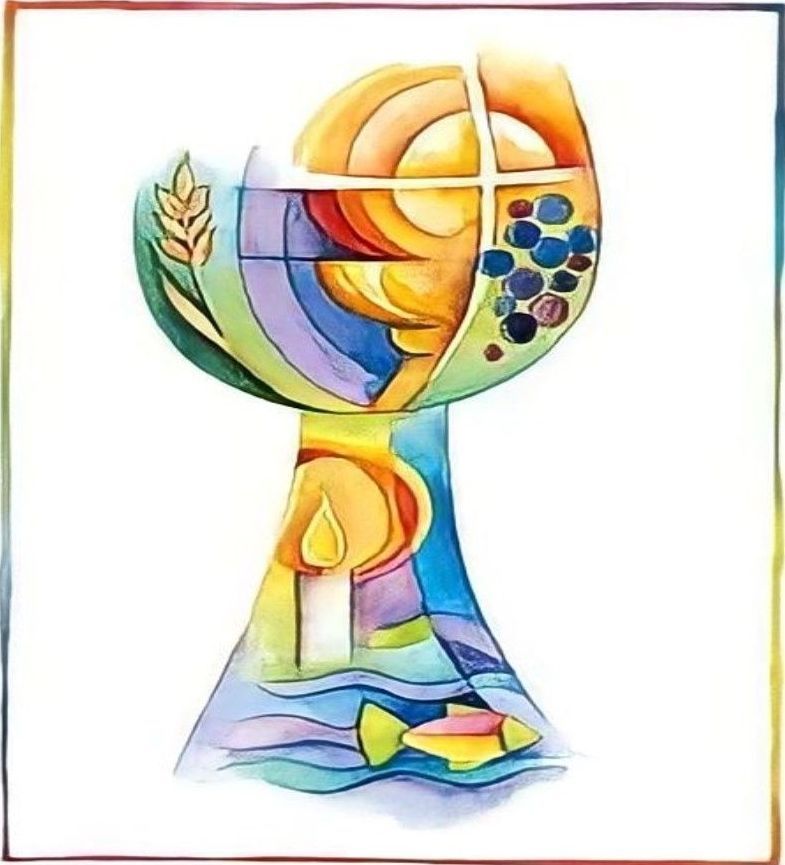
Joke: Grandma told her little grandson: “Be a good boy. At the end of the world, all the disobedient and bad people will be cast into fiery hell where there will be weeping and gnashing of teeth.” The little boy raised an intelligent doubt. “Grandma, you don’t have any teeth and you always quarrel with others. How would you gnash your teeth when you are cast into hell?” Grandma replied: “You naughty boy, don’t you know that teeth will be provided in hell.”
Just as eating requires teeth to grind the food into particles before it’s transformed into the blood to nurture our physical body, the Body and the Blood of Christ which we receive at Mass require not only the teeth, but a worthy of heart, mind, and soul so that the Body and the Blood of Christ will be transformed into the Blood of the Divinity to nurture our spiritual soul. Our spiritual soul is so important that today, the Church celebrates the food and the drink that nurture our spiritual soul which is called the Most Holy Body and Blood of Christ. Has Christ meant to feed us with his real physical Body and Blood? Or it’s just symbolic under the forms of bread and wine? What do we receive at Mass? Do we receive the bread and the wine; or do we receive the Body and the Blood of Christ? In many places throughout the world, time after time, the host is found bleeding like in Argentina, Poland, or in Sentarem, Portugal, where some of us went on a pilgrimage to Portugal last year that we had a chance to come to see the Eucharistic Miracle, the Host was bleeding. After the consecration at the Eucharistic Prayer, the essence of the bread and the wine changed into the Body and Blood of Christ, but not the bread and the wine themselves. The taste of the bread and the wine might not change, but the essence of the bread and wine changed into the Body and the Blood of Christ. Therefore, at our Communion, we might still taste the bread and the wine in which their essence turned into the Body and Blood of Divinity. How do we know the essence of these species changed?
Not only us wandering about this, but the Jews, reported in today’s Gospel, quarreled among themselves saying, "How can this man give us his flesh to eat?" Jesus said to them, "Amen, amen, I say to you, unless you eat the flesh of the Son of Man and drink his blood, you do not have life within you.” Not only do the flesh and the blood of Christ bring life within us, but also, Jesus promises to raise us on the last day. What is that life within us that Jesus mentioned here if it’s not the life of our soul? Jesus promised that if we eat his true flesh and drink his true blood, we will have life within us and he will raise us on the last day. In other words, our soul will be alive within us and our soul will be saved on the last day.
The question is, what does it mean and how do we know that the soul within us is alive and we will be saved on the last day? Jesus said very clearly in today’s Gospel saying, “Whoever eats my flesh and drinks my blood remains in me and I in him.” We all know and say and sing together every time we gather at Mass, “Christ has died, Christ is risen, and Christ will come again.” The first two sentences are in the present tense which means Christ continues to die on the Cross because of our sins and the sins of this world. Every time we gather together at Mass, we are reminded of his death, his resurrection and his coming again. Every time we gather to celebrate Mass together, we are fed with the Body and the Blood of Christ in the Eucharist. At the same time, we are reminded that he’s risen and promised us that he will come again to save us on the last day. Once again, the Body and the Blood of Christ that we receive at Mass will nurture our soul, and the life within us and save us on the last day.
When we receive the Body and the Blood of Christ, Christ is in us as he mentioned in today’s Gospel. Who is Christ if he’s not the one who heals the sick, forgives the sinners, and even raises the dead back to life again? So, brothers and sisters, when we have Christ within us, he will cure our sickness and illness. A holy saint once said that we become what we eat. The more we eat the Body of Christ, the more we become like Christ who has everlasting life.
Is Christ divided when we receive him at Saint Paul, and others receive him at other parishes in this country or in another country? Christ is never divided, but rather, as Saint Paul mentioned in today’s second reading saying, “Because the loaf of bread is one, we, though many, are one body, for we all partake of the one loaf.” In other words, we, though many in different places are all invited to partake in one bread, Christ alone, so to be one in Christ. The question then, are we one in Christ when we partake in the one Bread and one Cup?
The moment that we are divided among our family, at work, in school, in our community, or our society, and many other moments of scattering or disunity, the moment we need to ask ourselves: Do we have Christ in our lives? The moment that a couple loses faith in each other; children have difficulty talking to their parents; friends often talk behind the other’s back; brothers and sisters don’t even bother to call each other; and much other brokenness of life that we might face. Have we had Christ in our lives? Have we received Christ or a piece of bread? When we come to the table to share a meal, we are filled and content with what we eat, are we filled and content when we receive Christ at the Eucharist? What does it mean to receive at Communion? How do others know that we have Christ in our lives after we received him at Mass? The decision is yours.
